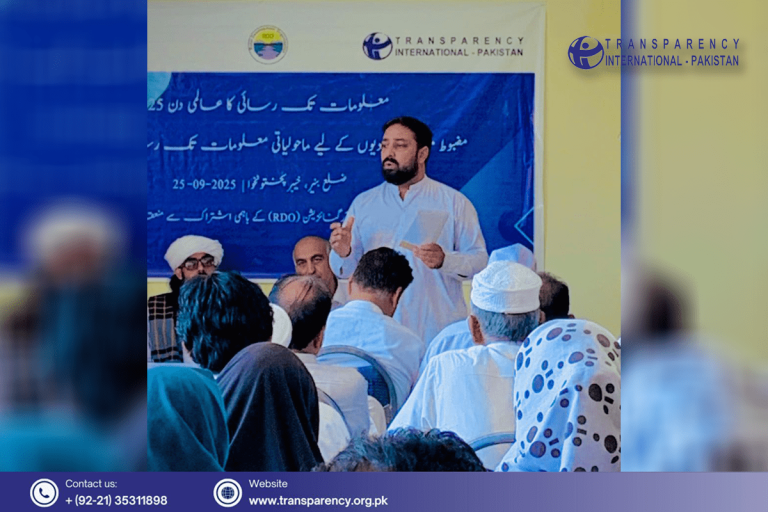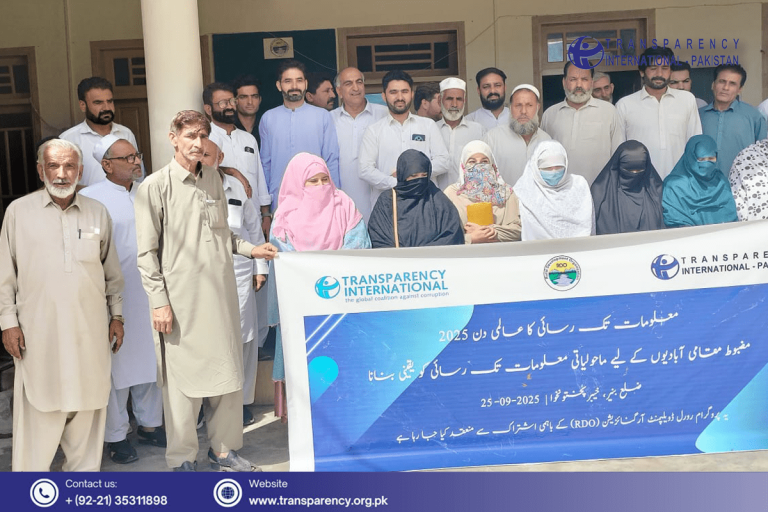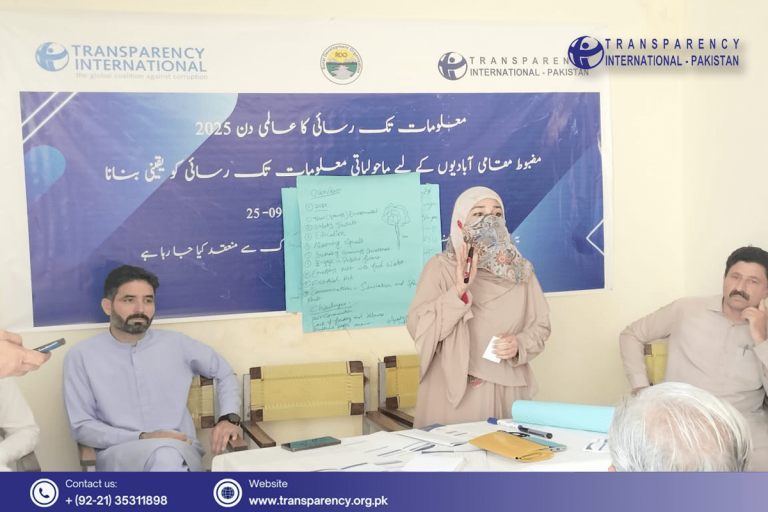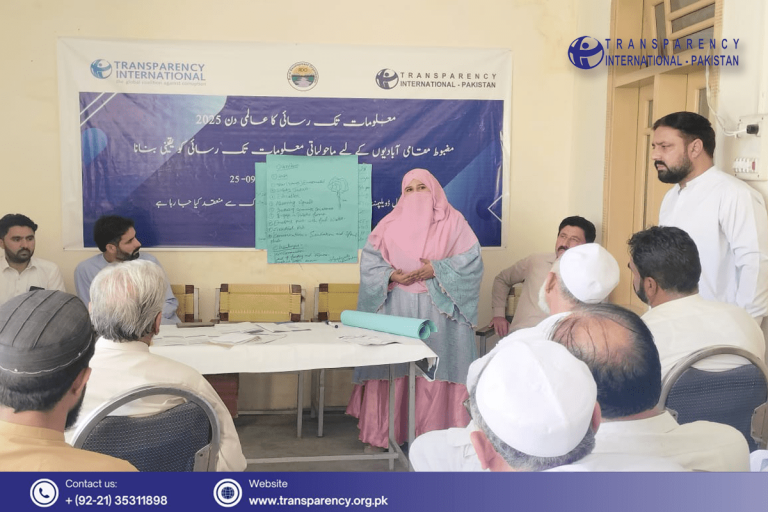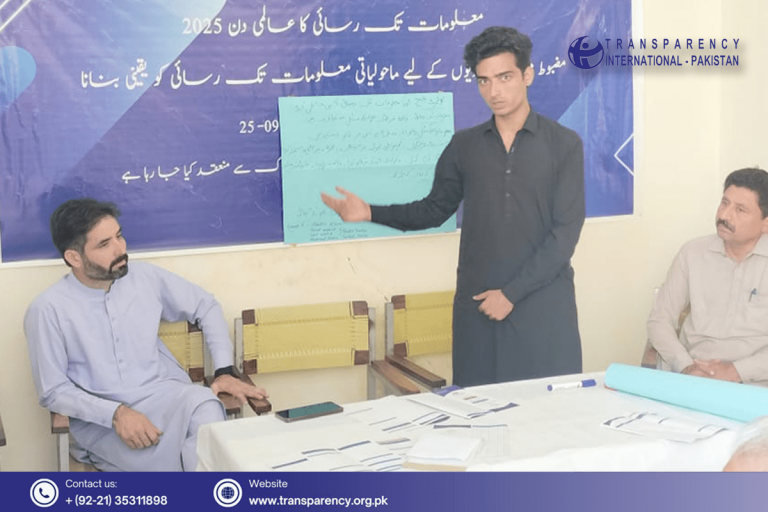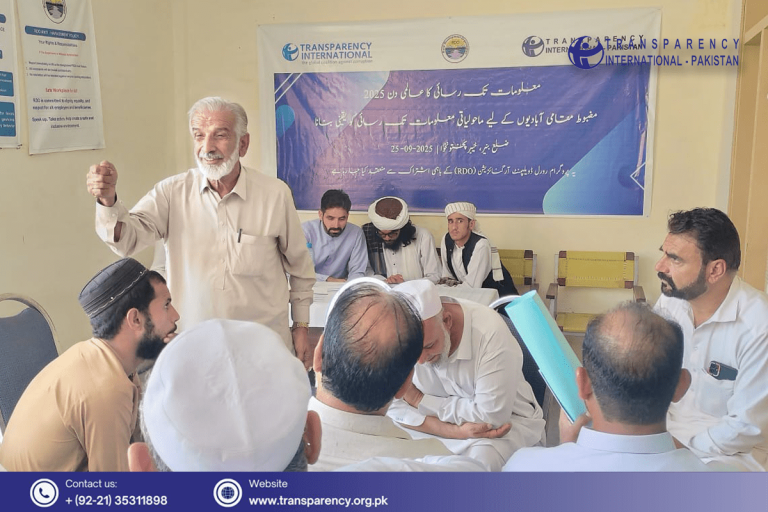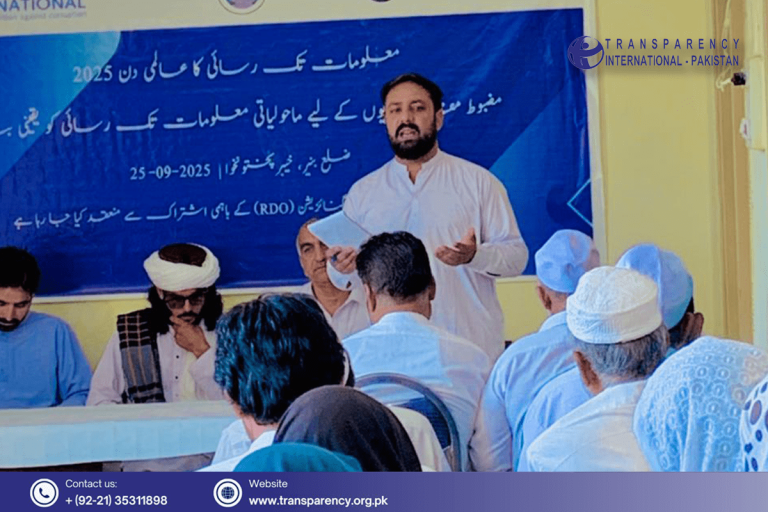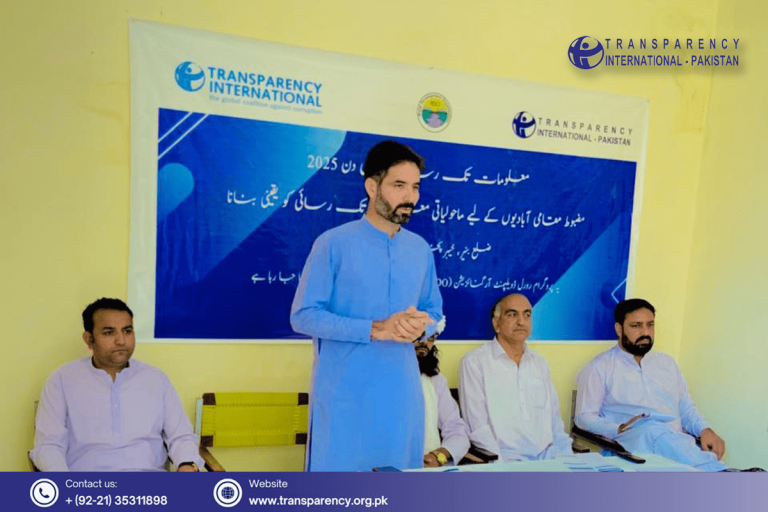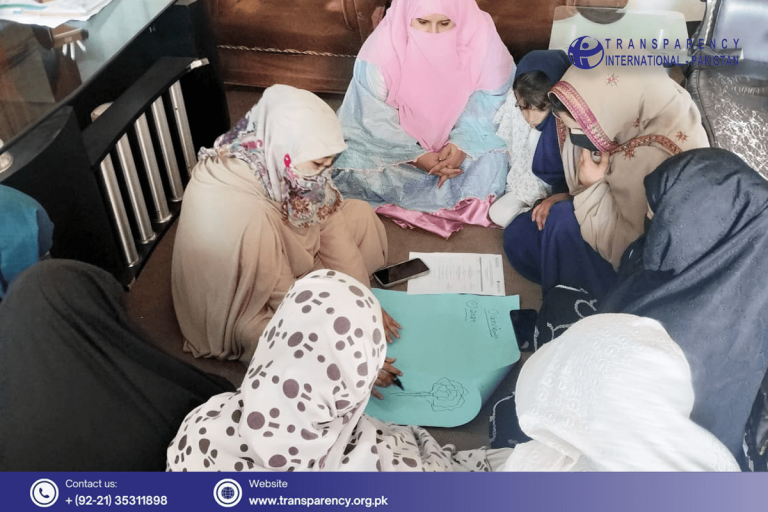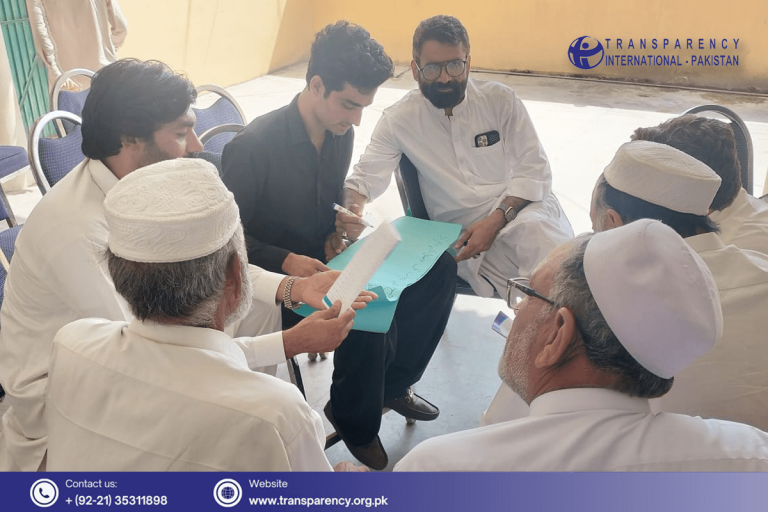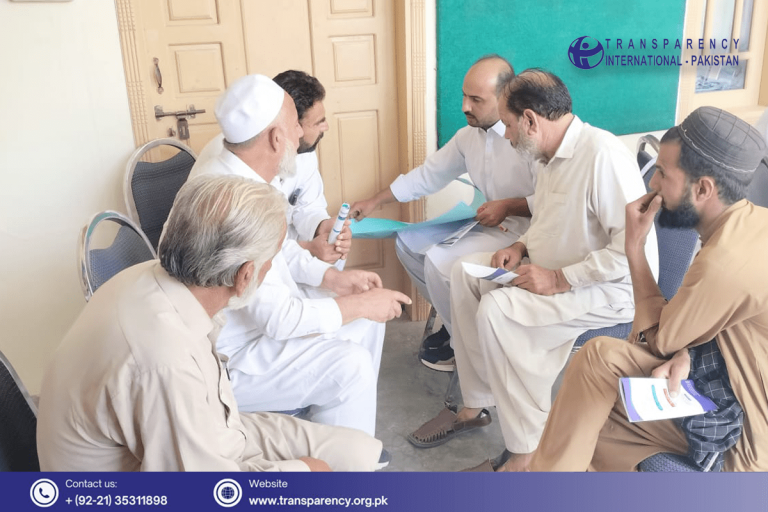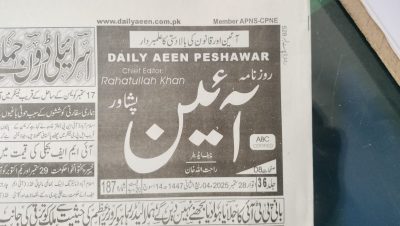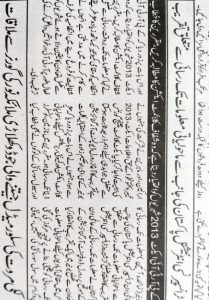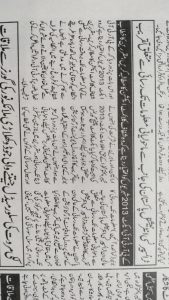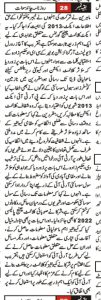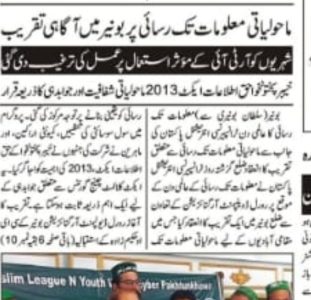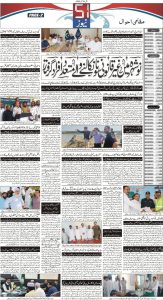International Day for Universal Access to Information 2025 Seminar: Ensuring Access to Environmental Information for Resilient Communities
International Day for Universal Access to Information 2025 Seminar: Ensuring Access to Environmental Information for Resilient Communities
Date: Tuesday, September 23, 2025
District: Buner – Khyber Pakhtunkhwa
Transparency International Pakistan, in collaboration with the Rural Development Organization (RDO) District Buner, organized a seminar to observe International Day for Universal Access to Information (IDUAI) 2025. The seminar aimed to highlight the critical role of Right to Information (RTI) law in strengthening transparency in climate action.
The seminar brought a diverse group of participants, including representatives from civil society organizations, local government Department Chairman, District Social Welfare Department, District Right To Services Officer, community members and general citizens. The discussion emphasized that access to environmental information is crucial to empowering citizens to play an active role in monitoring climate policies, disaster preparedness, and holding climate-relevant departments accountable.
The seminar began with the recitation from the Holy Quran. Mr. Hakim Zada, CEO of RDO Buner highlighted the importance of IDUAI and emphasized that access to accurate and timely information is essential for both democratic accountability and community preparedness against climate-related challenges. He noted that environmental information, such as early warning data, flood management, forest protection policies and other necessary information must be readily available to the citizens and communities such information helps people prepare better to deal with the devastating effects of climate change.
Mr.Muhammad Akram Shah, Additional Deputy Commissioner, Relief District Buner, delivered a detailed presentation on the Khyber Pakhtunkhwa Right to Information Act 2013. He described it as a key legislative provision that empowers citizens with a constitutional right to demand transparency and accountability from government institutions. He highlighted that RTI can be used to request environmental data, monitor development projects, and expose practices that harm local ecosystems. Participants were encouraged to view RTI as a “citizen watchdog tool” to strengthen oversight in climate-related initiatives.
Next, Mr. Hakim Zada, CEO RDO Buner, facilitated a discussion on the role of Civil Society Organizations (CSOs) in strengthening access to information and enhancing accountability at the community level. He emphasized that CSOs can act as a bridge between communities and government departments by creating awareness, building citizens’ capacities to file RTI requests, and documenting environmental governance issues. Participants raised many questions to obtain clarity on the use of RTI Act and the kind of information that can be requested under RTI. Participants worked together in groups to identify relevant information and prepare RTI requests.
They highlighted the need for timely weather alerts, disaster preparedness guides, and transparent information on water, forestry, and land use policies. Participants also highlighted obstacles such as bureaucratic delays, limited awareness about RTI procedures, and inadequate awareness on the use of RTI. Proposed solutions included awareness campaigns, localized training on the RTI Act, and the establishment of community information centers under the ambit of provincial Right to Information Commissions.
Towards the end, participants appreciated the seminar, providing them a learning opportunity about the practical use of the Khyber Pakhtunkhwa RTI Act 2013 for environmental governance. The seminar underscored that timely access to information is key to preventing disasters like floods and droughts in climate vulnerable areas in Pakistan.

